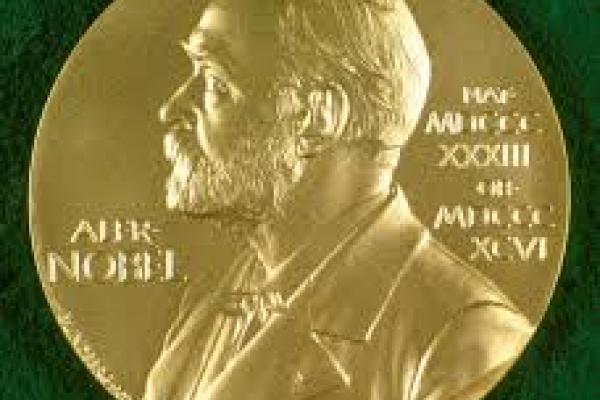2011 Nobel Physics Prize for Dark Energy

The 2011 Nobel Physics Prize was awarded this week to Saul Perlmutter, Brian Schmidt, and Adam Riess for their surprising discovery in 1998 that type Ia supernovae indicate that the expansion of the universe is accelerating.
Prior to this finding, most models of the universe predicted that the gravitational pull of matter should cause the expansion of space to slow down over time. The data collected by the Supernova Cosmology Project led by Perlmutter and the High-z Supernova Search Team led by Schmidt and Riess revealed that the most distant supernovae appear fainter than expected, implying that space is actually expanding at an increasing rate. Attempts to explain this phenomenon, which require either assuming the existence of a strange new substance with negative pressure or altering Einstein's theory of gravity, are generically termed "dark energy."
The discovery of cosmic acceleration ushered in over a decade of efforts to reveal the nature of dark energy using not only larger samples of supernovae but also a variety of novel methods to measure the cosmic expansion history. As a result, there are now many lines of evidence showing that dark energy makes up about 70 per cent of the energy density of our universe, but exactly what the dark energy is remains an open question.
Researchers at CCAPP are participating in several ongoing programs that aim to significantly improve our knowledge of dark energy's role in the evolution of the universe, including the Dark Energy Survey and the Baryon Oscillation Spectroscopic Survey. As these surveys map out the universe with increasing precision over the next few years, the data they provide will enable us to narrow down the range of possible explanations for cosmic acceleration and perhaps lead to another breakthrough in our understanding of cosmology and fundamental physics.
